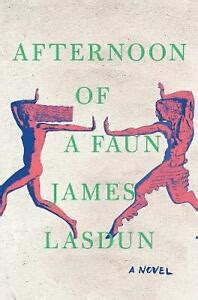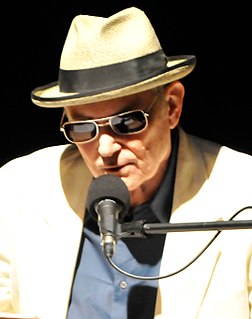A Quote by Bryan Konietzko
Stories often take their own course once you start to write them, especially when you have the benefit of a writers' room and a team of people augmenting and adding to the material.
Related Quotes
It's probably unprecedented for a filmmaker simply to take the writers' script and treat it as the instructions on the package. What really happens is you pretty much suppress your own instincts - and your own views on the matter - and write things the way filmmakers would like to have them, though the filmmakers often don't know what they want. They can only find out by reading what you do.
Why do I like to write short stories? Well, I certainly didn't intend to. I was going to write a novel. And still! I still come up with ideas for novels. And I even start novels. But something happens to them. They break up. I look at what I really want to do with the material, and it never turns out to be a novel.
When I went to the University of Iowa in order to be a writer, I thought, This is the worst way to learn how to write. To sit in a room with a bunch of would-be writers, who want to write the Great American Novel, every one of them, and you read their stories and they read yours, and you're not living a life. I don't like that. I like learning on the job. The character of my work has definitely evolved from the character of my life.
I believe that, more than anything else, this grief of constantly having to face down our own inadequacies is what keeps people from being writers. Forgiveness, therefore, is key. I can't write the book I want to write, but I can and will write the book I am capable of writing. Again and again throughout the course of my life I will forgive myself.
If you just warn people, they often simply ignore you. But if you ask them a question, then they have to think about it. And once they start to think about the consequences, they almost always calm down. Unless they're drunk, of course. Or stoned. Or aged between fourteen and twenty-one. Or Glaswegian.






































